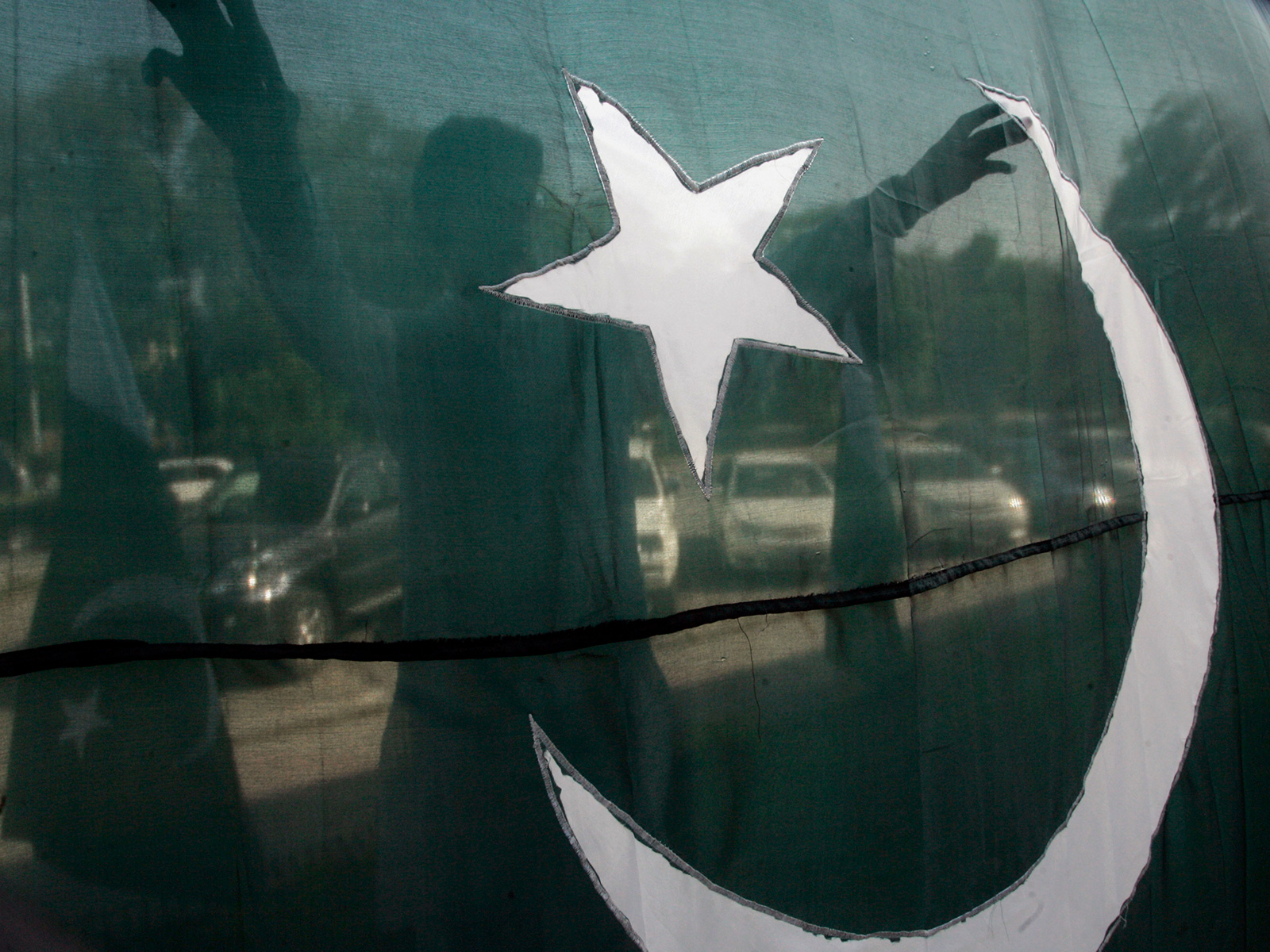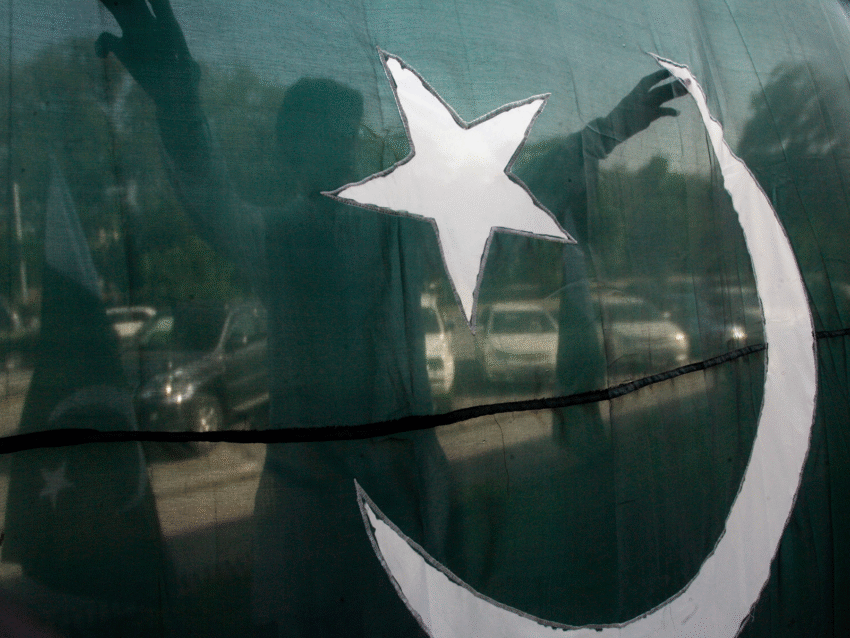
Chenab Nagar [Pakistan], October 22 (ANI): In yet another reminder of Pakistan’s deep-rooted intolerance towards religious minorities, former federal minister Chaudhry Fawad Hussain has triggered outrage after making controversial remarks targeting the Ahmadiyya community. His statements have reignited a national debate on the state’s failure to ensure equality and safety for marginalised faith groups, as reported by Rabwah Times.
In a post on X, Fawad claimed that “religious extremists, whether Hindu, Muslim, Jew or Christian, are all the same,” but then controversially accused Ahmadis of having played a role in partition-era communal violence in Sialkot.
According to Rabwah Times, members of the Ahmadi community criticised Fawad for reviving divisive historical narratives that have often been used to justify persecution. One Ahmadi social media user pointed out that before Pakistan’s creation, some Ahmadis had advocated for stricter blasphemy laws to defend prophets and sacred figures, which later turned against them. The user warned that legislation driven by religious emotions invariably harms all communities.
Fawad’s tweet prompted renewed discussion about declassified government letters from January 1948, which allegedly accused some Ahmadis of involvement in communal unrest in East Punjab, as well as their vocal support for Ilm-ud-Din, who murdered a publisher over alleged blasphemy in British India.
Adding fuel to the controversy, an older 2014 tweet from Fawad resurfaced in which he asserted that “Ahmadis played an active role in the Objective Resolution, and Zafarullah Khan was as communal as any Muslim Leaguer,” the Objective Resolution of 1949 became the foundation for intertwining religion with state policy a move that ultimately paved the way for the constitutional declaration of Ahmadis as non-Muslims in 1974, as highlighted by Rabwah Times.
Fawad’s remarks expose the persistent contradiction in Pakistan’s self-proclaimed commitment to religious tolerance, where even former ministers echo sentiments that undermine pluralism and deepen sectarian divides, as reported by Rabwah Times. (ANI)


